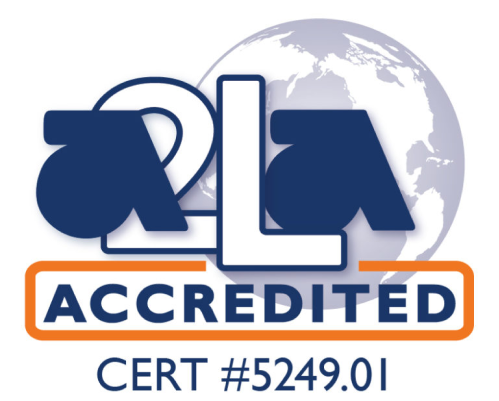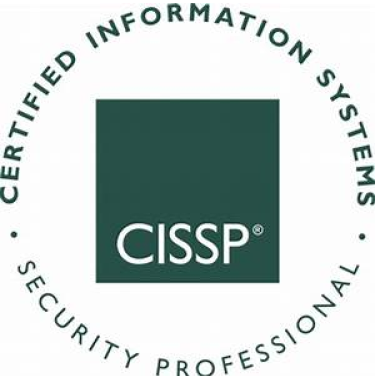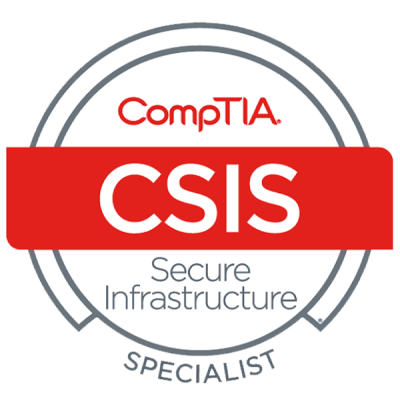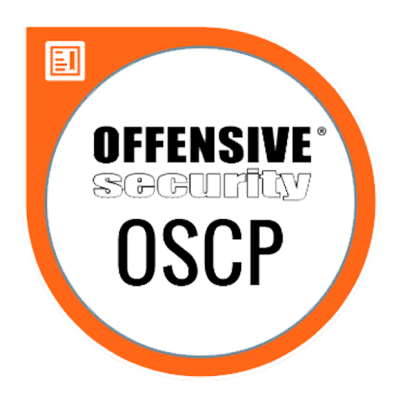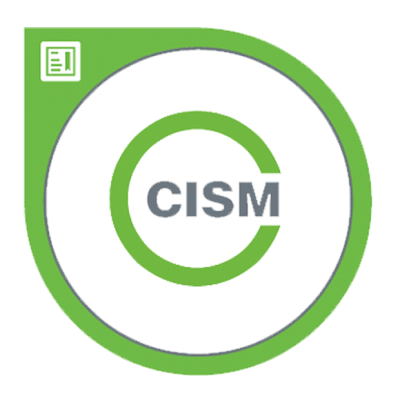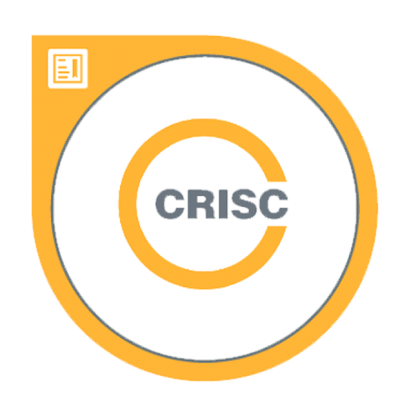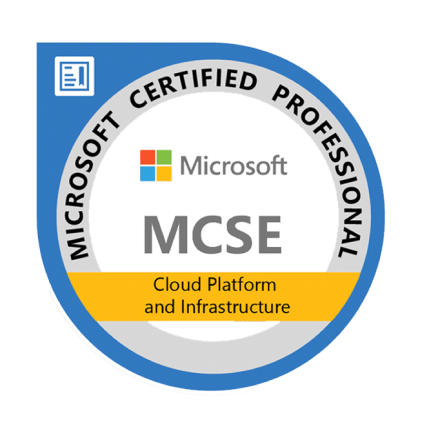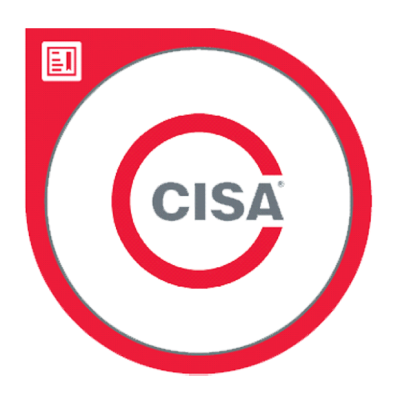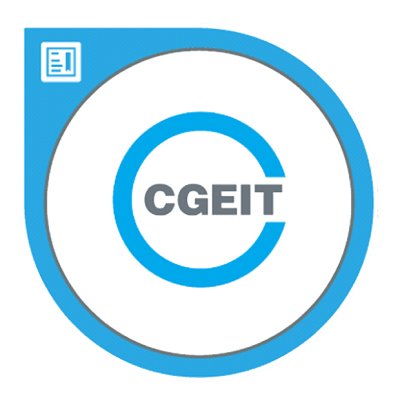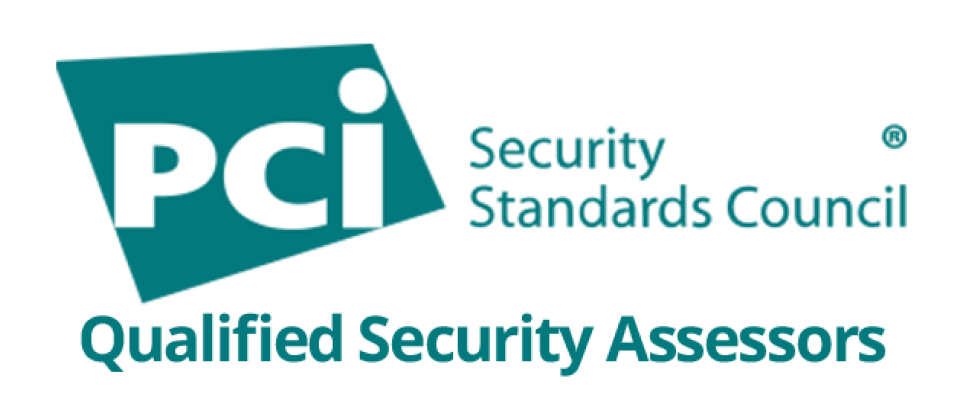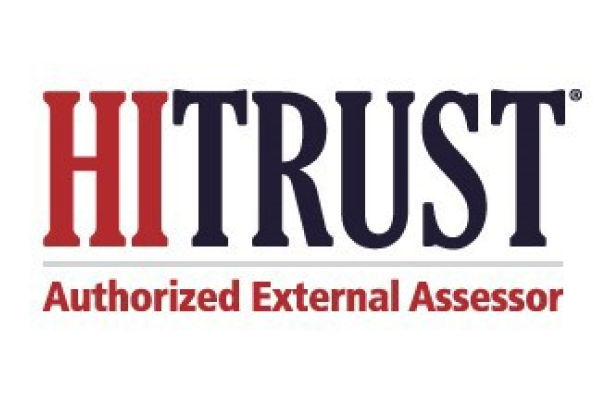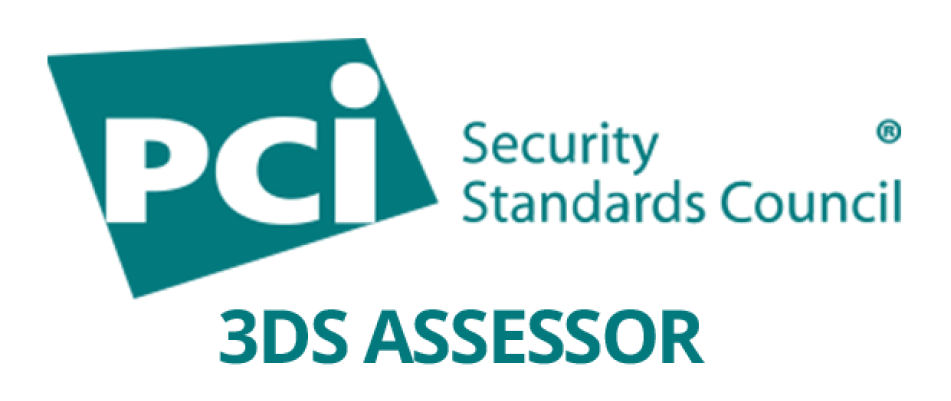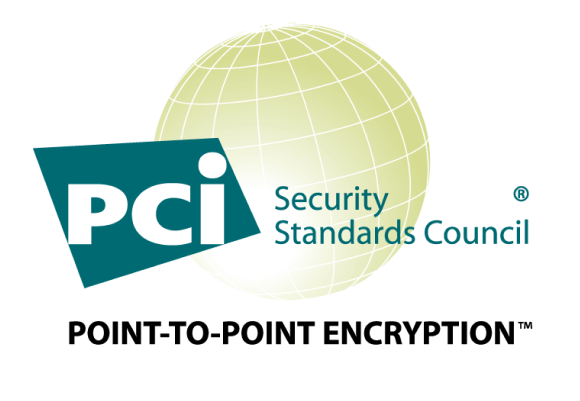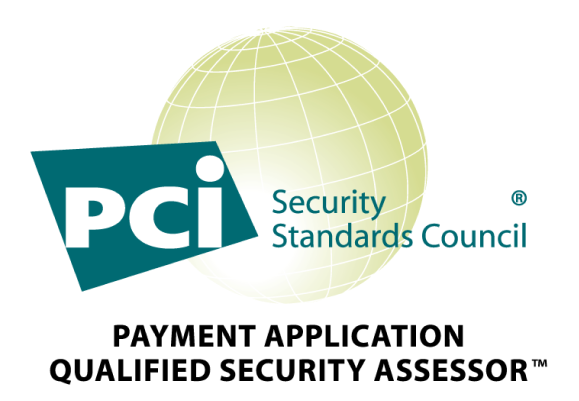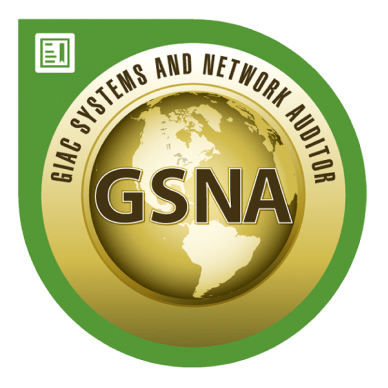California Consumer Privacy Act
Achieve CCPA Compliance and Protect Consumer Privacy with Confidence
The California Consumer Privacy Act (CCPA) stringent privacy law enforces businesses within scope to be transparent on how their organization collects, uses, and discloses any personal information.
The California Consumer Privacy defines personal information as, but not limited to, name, signature, Social Security number, physical characteristics or description, address, telephone number, passport number, driver’s license or state identification card number, insurance policy number, education, employment, employment history, bank account number, credit card number, debit card number, or any other financial information, medical information, or health insurance information. An important thing to note about California Consumer Privacy Act is that it does not consider Publicly Available Information as personal. Read More
KEY BENEFITS
CCPA Assessment Services to Strengthen Privacy Compliance
Navigating the California Consumer Privacy Act (CCPA) can be complex, but MegaplanIT makes it straightforward. Our certified experts help you understand the law, assess your current compliance posture, and build a clear plan for remediation. From identifying gaps to advising on process improvements, we ensure your organization is fully equipped to protect consumer privacy and maintain trust.
We guide your organization in interpreting the components of the CCPA and determining the specific scope of your compliance assessment.
Our team conducts a thorough review of documentation and samples to evaluate your compliance readiness against CCPA requirements.
You’ll receive a detailed summary of any compliance gaps, along with clear, actionable steps to remediate them effectively.
We work closely with your Marketing, IT, and Legal teams to improve data collection processes and controls in line with CCPA standards.
Our experts help create a tailored action plan with specific technical and process recommendations to achieve and maintain compliance.

Partner with MegaplanIT to Achieve CCPA Compliance
Our innovative IT security and compliance solutions are designed to deliver customized, cost-effective service on time—because your priorities are our priorities. With a highly qualified team of PCI DSS QSAs, Penetration Testers, and Information Security Consultants here at MegaplanIT, we will assess your unique company and business environment and design a path to security that will fit all of your needs.





